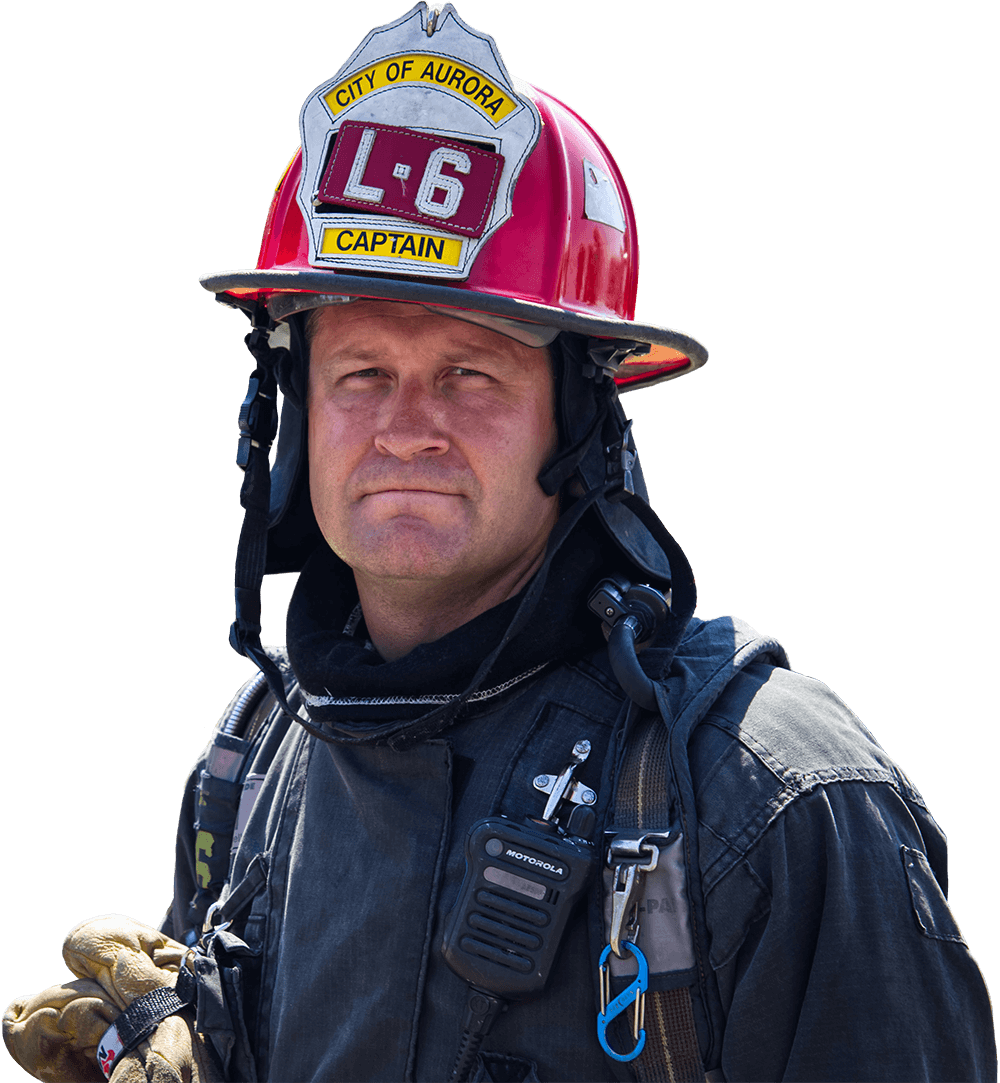Responding to calls from patients who require accurate pulse oximetry readings can happen often. It’s important to be prepared to do so and understand different aspects of pulse oximetry. For example, reasons you may get an erroneous reading and different parts of the body to use to get a reading from. In this course, we will review these topics and more to create a list of ten things EMS providers should know about pulse oximetry.
Course Type: Full-length Course
Course Duration: 60 min
Course Type: Full-length Course
Course Duration: 60
Arriving at the scene of an active shooter event means many things for emergency medical providers. First, it's considering the different kinds of response that must occur here to protect victims, other providers, and yourself. Second, it's identifying the need for triage for the trauma patients you will face. Third, it's providing the proper levels of care to victims. And lastly, it's ensuring you are keeping yourself safe. Understanding the whole picture when responding to an active shooter event is imperative to a successful, safe response.
Course Type: Full-length Course
Course Duration: 60 min
Carbon monoxide (CO) is colorless, odorless, and tasteless, making it difficult to identify without the use of a detector. It is created during an incomplete combustion of organic materials, and can be released from many different sources, like car exhaust, burning of natural gases, and forest fires. Patients suffering from acute carbon monoxide poisoning can have immediate and long-lasting effects from exposure. In this course we will review actions EMS providers should take when working with patients suffering from CO poisoning, the delayed injuries that may be caused, and what EMS providers should look for when diagnosing.
Course Type: Full-length Course
Course Duration: 60 min
Patients that can’t breathe require immediate and precise intervention. When the call comes, you need to be ready. ...
Course Type: Full-length Course
Course Duration: 60 min
Many studies have been done comparing the results of different methods to use when responding to patients suffering from cardiac arrest and the best techniques to use for the highest rate of survival. Throughout this course, some of those studies will be compared to show the results and which techniques were found to be most successful in patient survival.
Course Type: Full-length Course
Course Duration: 60 min
While unaided, manual CPR has been done for a long time and has saved many lives. Now, devices are available to increase survivability and benefit patients in need of this life-saving maneuver. Throughout this course, we will compare the results of device-aided CPR to manual unaided, as well as discuss the effects of CPR on the body.
Course Type: Full-length Course
Course Duration: 60 min
Allergic reactions, including their more severe form, anaphylaxis, represent an exaggerated or hypersensitive response following exposure to any of a number of triggers or allergens, like food, medications, or pollen. Allergic and anaphylactic reactions are typically but not always mediated by the immune system and are most notable for the fact that many other people would not experience any such reaction when exposed to the same triggers. Anaphylaxis represents the more severe and potentially life-threatening form of an allergic reaction. Your ability to recognize and treat allergic reactions can mean the difference between life and death for some patients. In this course, we'll discuss how the immune system may trigger allergic reactions, anaphylaxis recognition and treatment, as well as epinephrine administration.
Course Type: Full-length Course
Course Duration: 60
Allergic reactions, including their more severe form, anaphylaxis, represent an exaggerated or hypersensitive response following exposure to any of a number of triggers or allergens, like food, medications, or pollen. Allergic and anaphylactic reactions are typically but not always mediated by the immune system and are most notable for the fact that many other people would not experience any such reaction when exposed to the same triggers. Anaphylaxis represents the more severe and potentially life-threatening form of an allergic reaction. Your ability to recognize and treat allergic reactions can mean the difference between life and death for some patients. In this course, we'll discuss how the immune system may trigger allergic reactions, anaphylaxis recognition and treatment, as well as epinephrine administration.
Course Type: Full-length Course
Course Duration: 60
As an emergency medical technician or paramedic, you are responsible for treating patients on the scene to your scope of practice and getting patients to the hospital quickly and safely. This can be difficult, especially when driving in unfamiliar territory or dealing with traffic congestion. This course will discuss critical elements of driving emergency response vehicles safely and effectively.
Course Type: Full-length Course
Course Duration: 60
Course Type: Full-length Course
Course Duration: 60
Social media has evolved into a regular part of how our society shares information, opinions, and perspectives. By some measures, it has become the primary method used many members of society to express themselves altogether. This course examines our tendency to express our stressors through social media and the implications it can have that are specific to EMS providers. We’ll also examine best practices for both EMS department social media accounts as well as personal EMS provider accounts.
Course Type: Full-length Course
Course Duration: 60 min
